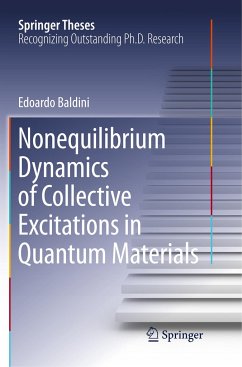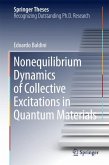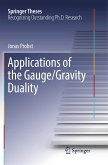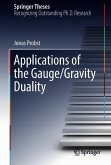This book studies the dynamics of fundamental collective excitations in quantum materials, focusing on the use of state-of-the-art ultrafast broadband optical spectroscopy. Collective behaviour in solids lies at the origin of several cooperative phenomena that can lead to profound transformations, instabilities and phase transitions. Revealing the dynamics of collective excitations is a topic of pivotal importance in contemporary condensed matter physics, as it provides information on the strength and spatial distribution of interactions and correlation.
The experimental framework explored in this book relies on setting a material out-of-equilibrium by an ultrashort laser pulse and monitoring the photo-induced changes in its optical properties over a broad spectral region in the visible or deep-ultraviolet. Collective excitations (e.g. plasmons, excitons, phonons...) emerge either in the frequency domain as spectral features across the probed range, or in the time domain as coherent modes triggered by the pump pulse. Mapping the temporal evolution of these collective excitations provides access to the hierarchy of low-energy phenomena occurring in the solid during its path towards thermodynamic equilibrium. This methodology is used to investigate a number of strongly interacting and correlated materials with an increasing degree of internal complexity beyond conventional band theory.
The experimental framework explored in this book relies on setting a material out-of-equilibrium by an ultrashort laser pulse and monitoring the photo-induced changes in its optical properties over a broad spectral region in the visible or deep-ultraviolet. Collective excitations (e.g. plasmons, excitons, phonons...) emerge either in the frequency domain as spectral features across the probed range, or in the time domain as coherent modes triggered by the pump pulse. Mapping the temporal evolution of these collective excitations provides access to the hierarchy of low-energy phenomena occurring in the solid during its path towards thermodynamic equilibrium. This methodology is used to investigate a number of strongly interacting and correlated materials with an increasing degree of internal complexity beyond conventional band theory.









